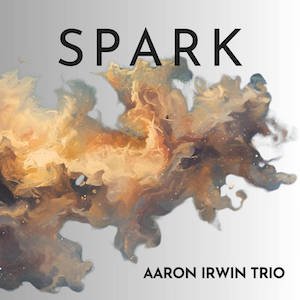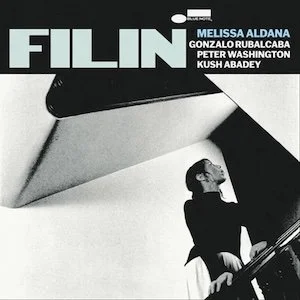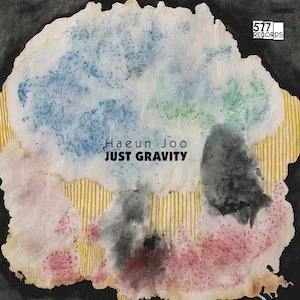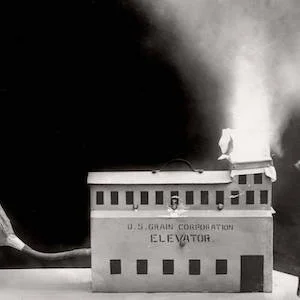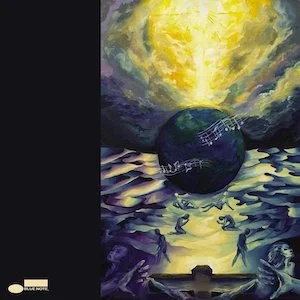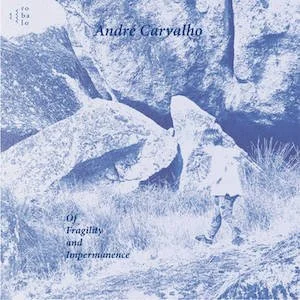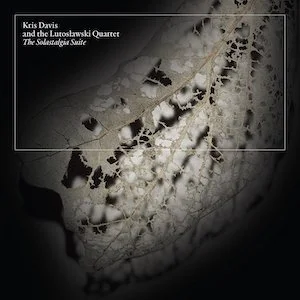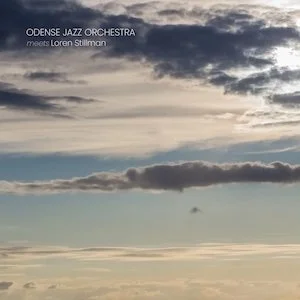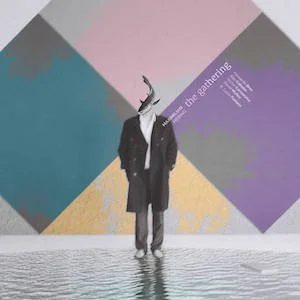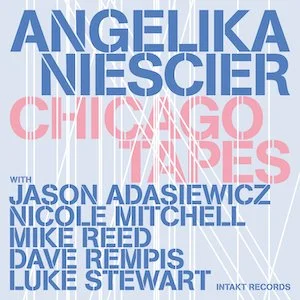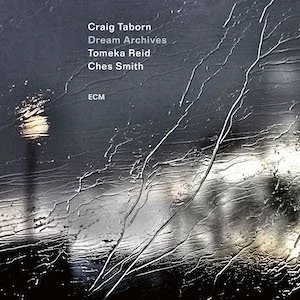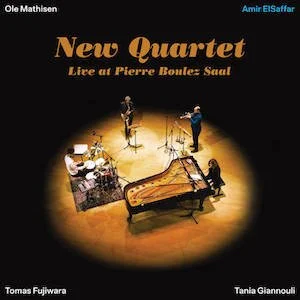Label: Greenleaf Music, 2026
Personnel - Dave Douglas: trumpet; Marta Warelis: piano; Nick Dunston: bass; Joey Baron: drums.
Comprising nine originals that merge jazz tradition with contemporary improvisational language, Four Freedoms is a deeply intuitive quartet session led by American trumpeter and composer Dave Douglas. Full of artistic freshness and a subtle, nearly surreal wit, the music hovers between form and abstraction, drawing conceptual inspiration from the Four Freedoms speech delivered in 1941 by US President Franklin D. Roosevelt—freedom of speech, freedom of worship, freedom from want, and freedom from fear.
Boasting a buoyant, vital sound, “Grits”—written for seasoned drummer Joey Baron—opens the session with playful, tonally rich drumming. Bassist Nick Dunston locks in with swinging verve, supporting Douglas’ towering trumpet voice. The trumpeter reigns supreme, blowing with authority and a hard-bop drive punctuated by folk inflections and knowing musical quotations. Across 32-bar rhythm changes, Amsterdam-based pianist Marta Warelis probes for singular conversational pathways, while Baron later trades bars with his bandmates with electrifying momentum.
If the balladic reverie of “Dreams We Hold” feels slightly less impactful, “Sandhog”—a grooving homage to the workers who built tunnels, the Brooklyn Bridge foundation, and subway systems—stands out for its exploratory reach. An eight-beat bass groove anchors the piece, supporting the triumphant call-and-response dialogue between Douglas and Warelis. Dunston delivers a deeply rooted statement, followed by Baron’s spectacular tom and cymbal architecture.
The avant-garde title cut feels abstract and loose, with Dunston employing arco bass with restraint and intelligence while Warelis injects intervallic surprise. “Militias”, meanwhile, flows through modal currents, enigmatic harmonies, and openly creative melodic contours.
Fueled by a robust bass introduction, “Fire in the Firewood” moves between solemnity, emotional release, and bursts of avant-garde expression. “Sing Sing” embraces jazz languor through muted trumpet and lucid brushwork, while “My First Rodeo” returns to soulful swing, buoyed by expansive improvisation.
With each musician contributing their own distinct personality to the whole, Four Freedoms pumps a different vibe with moments of rare elegance. Douglas’ vast body of work continues to command respect, and this latest offering stands as a worthy and compelling addition.
Favorite Tracks:
01 - Grits ► 03 - Sandhog ► 05 - Militias ► 06 - Fire in the Firewood



